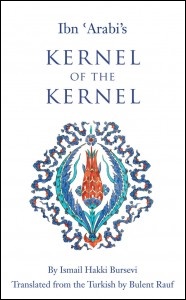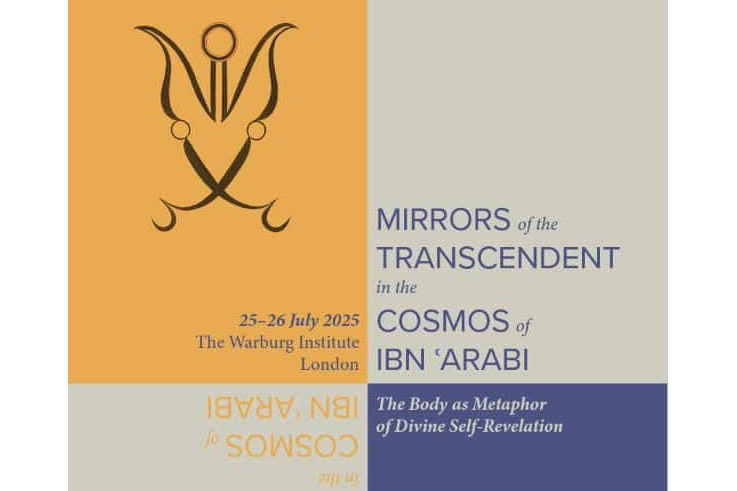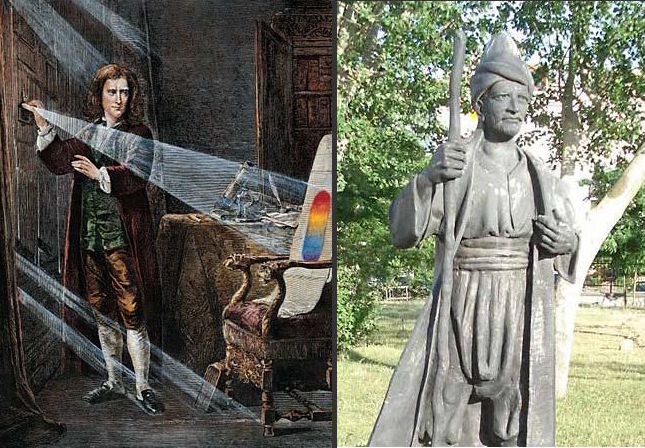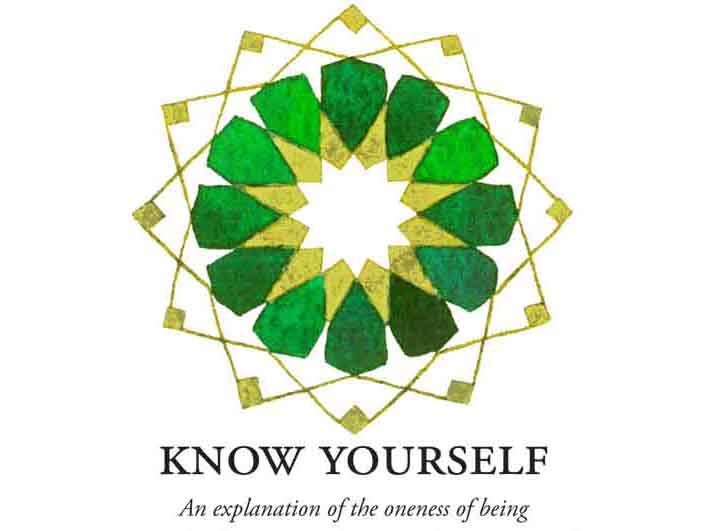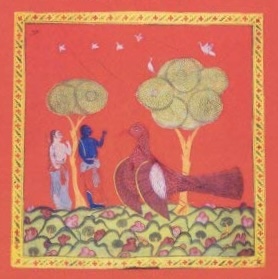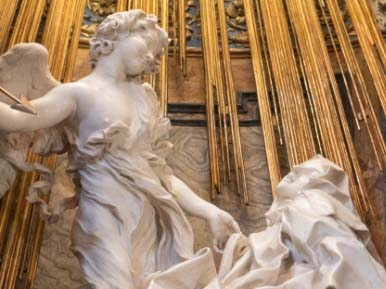Ibn ‘Arabi Study Retreat
An immersive week study of the Kernel of the Kernel – a translation and commentary of key passages from Ibn Arabi’s Futuhat al-Makkiyya, led by John Brass.
Course Description
From Chapter 1
“One of the special matters that Ibn ‘Arabi wants to explain in his Futuhat al-Makkiyah is this: “If a gnostic is really a gnostic he cannot stay tied to one form of belief.”
That is to say, if a possessor of knowledge is cognizant of the being in his own ipseity, in all its meanings, he will not remain trapped in one belief. He will not decrease his circle of belief. He is like materia prima and will accept whatever form he is presented with. These forms being external, there is no change to the kernel in his interior universe.
The knower of God, whatever his origin is, remains like that. He accepts all kinds of beliefs, but does not remain tied to any figurative belief. Whatever his place is in the Divine Knowledge, which is essential knowledge, he remains in that place; knowing the kernel of all belief he sees the interior and not the exterior. He recognizes the thing, whose kernel he knows, whatever apparel it puts on, and in this matter his circle is large. Without looking at whatever clothing they appear under in the exterior he reaches into the origin of those beliefs and witnesses them from every possible place.”
About Ibn 'Arabi
Muhyiddin Ibn ‘Arabi (1165–1240)
Known as the greatest mystical genius of the Arabs, Ibn ‘Arabi was born in Murcia in south-eastern Spain, at a time of the last great flowering of Andalucian culture under Islamic rule. From the earliest age he showed evidence of an extraordinary visionary capacity, and while still a teenager, had a seminal vision of the three major prophets of the West, Jesus, Moses and Muhammad. He traveled widely in North Africa, the Middle East and Asia Minor, eventually settling in Damascus for the last 20 years of his life. He wrote a series of inspired works, some 300 in number ranging from short treatises and mystical odes to the 37-volume encyclopaedia Meccan Revelations (al-Futuhat al-Makkiyya) and his spiritual masterpiece on the prophetic wisdoms, Fusus al-Hikam.
Ibn ‘Arabi’s reach was immense and his influence vast during his lifetime and beyond. His works inspired the great civilizations of the Mughals in India, the Ottomans in Turkey, the civilisations of Indonesia and China right down to the present day. He occupies a status equivalent to Shakespeare in the realm of English language, but Ibn ‘Arabi’s wealth of meanings extends from the interior unknown essential reality to the most explicit outward expression without ever compromising the principle of unity.
With recent translations into European languages a new era of influence is noticeably and interestingly beginning to unfold. The Muhyiddin Ibn ‘Arabi Society was founded in 1977 to promote a greater understanding of the work of Ibn ‘Arabi and his followers. It is an international association with its headquarters in Oxford, England and a branch in Berkeley, California.
Timetable & Accommodation
Facilitator
Booking & Fees
Shared accommodation (double or triple bedroom): £325
Single room accommodation (when available): £375
This includes accommodation and all meals. A non-refundable deposit of £60 should be paid when booking. The balance can be paid on arrival.
To book, visit the Chisholme Institute website or email info@chisholme.org
Note on course fees: There are no standard concessions offered. However, we try to ensure the course is accessible to those on low incomes. So if you would find the cost prohibitive please write to secretary@chisholme.org to enquire about reduced course fees or bursary possibilities.
Kernel of the Kernel, by Ismail Hakki Bursevi
Beshara Publications
